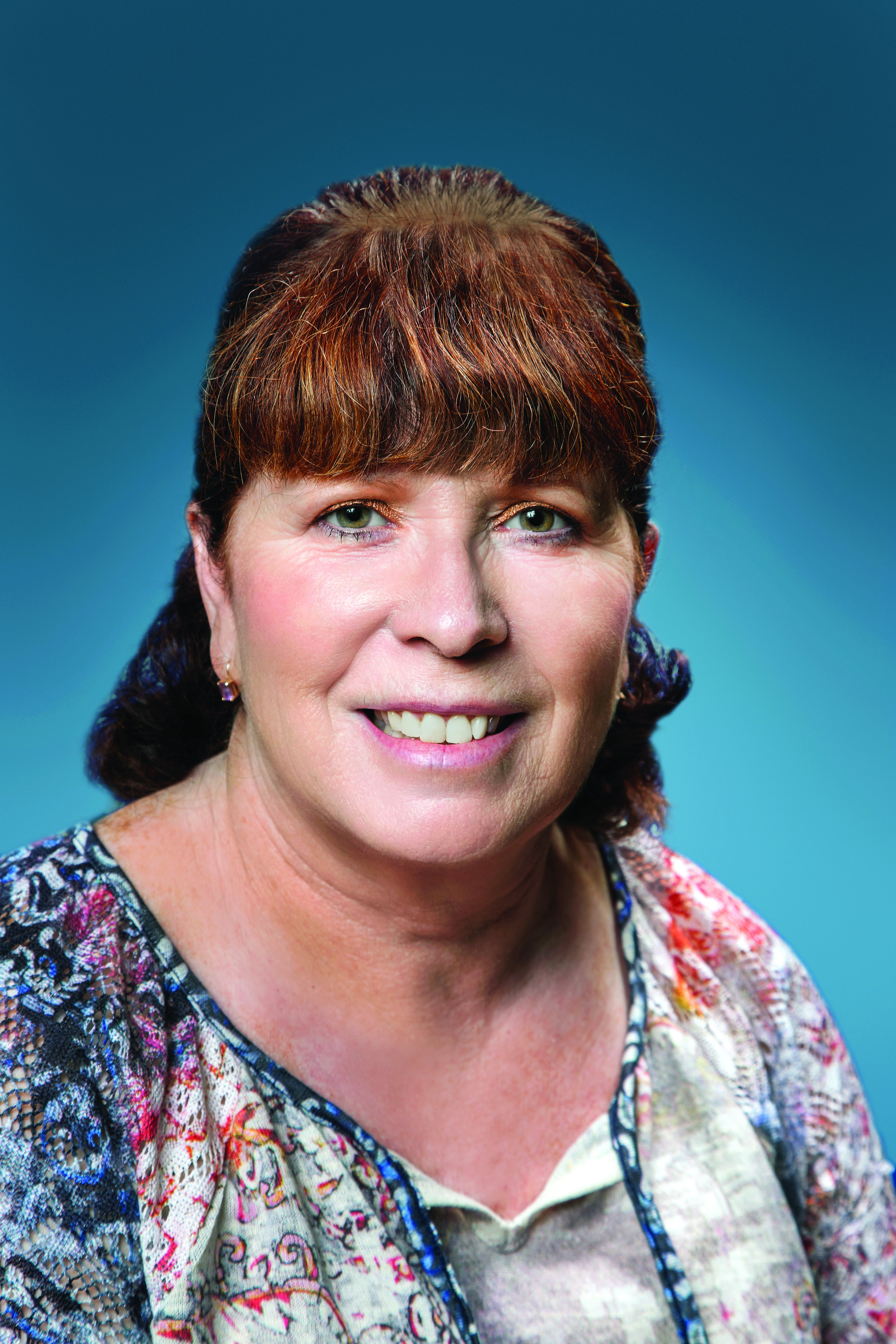What Is the Role of Interprofessional Teams in a BMT Unit?

As reported to Chris Pirschel, Staff Writer, by Amy Nance-Thompson, RN, MSN, OCN®, BMTCN.
The old saying, “it takes a village,” comes to mind. Many team members are needed to help a patient through one of the most critical times of their lives. Blood and marrow transplant (BMT) nurses play a large role, along with BMT physicians. However, we also depend on our BMT pharmacist, BMT dietician, and BMT social worker as part of the interprofessional team. Our patients not only need excellent nursing and medical care, but they also need care from members of the team to support them physically, psychologically, and nutritionally from transplant prep through the transplant itself and into the recovery phase.
Our nurses provide daily care, getting to know patients well. They are essentially gatekeepers and advocates for patient care during the transplant process. Our physicians provide medical knowledge and expertise guidance. Our pharmacist ensures that chemotherapy dosing is correct pretransplant and that supportive care medications are dosed appropriately post-transplant, based on patients’ lab values for the day. Our dietician addresses patients’ nutrition to make sure they’re getting proper meals and supplements. This is especially important during the times when patients are at their sickest and not eating much. Our social worker is a resource for patients to talk to, connecting them with resources and discussing anything that comes to mind.
To maintain open communication, we do daily patient rounds together. The attending physician, a BMT fellow, the charge nurse, primary nurse, pharmacist, and social worker all attend. As we discuss each patient and his or her individual circumstances, each member has a chance to provide input and share his or her perspective. Nurses are encouraged to share their unique perspective, especially considering potential changes to orders based on their assessments and observations.
Oncology nurses must advocate for their patients with other members of the BMT team to provide the best care possible and achieve the most optimal outcome possible. Nurses can see subtle changes in a patient’s condition. They monitor lab values and notify the team when situations change. Nurses also keep tabs on patient intake and output, which is valuable on many levels, including addressing problems with nutrition and diet. Beyond that, BMT nurses assess pain levels and advocate for proper symptom management and pain control to the team.
Nurses new to the BMT unit shouldn’t be afraid if teams occasionally ask for more information after a request. That’s part of growing as a team. Once they see competent nurses making evidence-based recommendations, they’ll come to trust the observations and opinions. Being prepared with facts at rounds or when making phone calls is helpful to ensure that nursing’s input is heard and valued.
Without the interprofessional collaboration of our BMT team, patient outcomes would undoubtedly suffer. By working together, we’re able to coordinate care, provide our patients with the resources they need, and ensure the individualized medical attention that’s required for successful outcomes.
